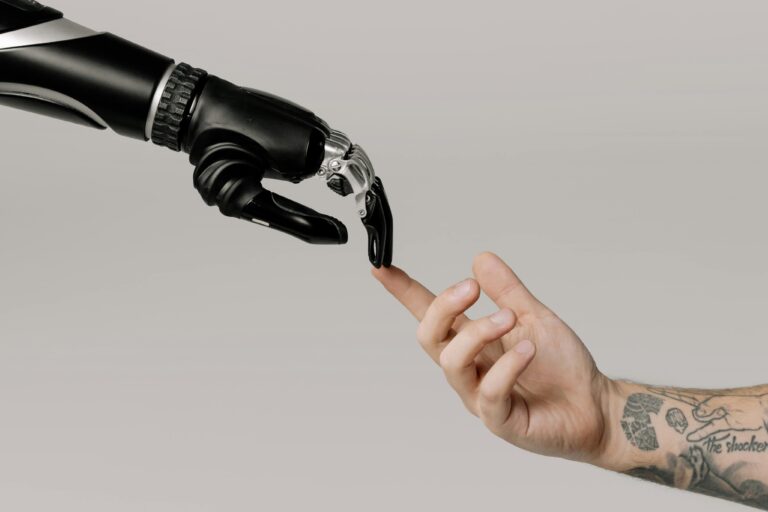Building Bresheh the Jamaican luxury brand

Bresheh has been the brand on the lips of many young Jamaican professionals this year. And, it isn’t because the fashion house is new on the block. But, it has shifted focus since brothers, Randy and Davian McLaren, started it over seven years ago. Some things have remained the same. The bags still remain hand-stitched and highly personalized – but you’re now more likely to see it laying on the shoulder of a New Kingston banker, than on the back of a primary schooler.
Jamaican consumer brands have, generally, had a hard time breaking into the luxury market. If we broaden the definition of a “consumer brand” to include services and some of our commodities, there are, perhaps, some exceptions to the rule. For example, Sandals, manages to cater to a predominantly rich, upscale clientele. Another exception may be the umbrella of Jamaican Blue Mountain Coffee brands which, similarly, thrives in the export market. Bridget Sandals is one of few companies that have managed to break through in the luxury fashion space – and part of an even smaller group that finds most of its customers right here, within the country.
The paucity of Jamaican firms in the luxury space does follow a basic economic logic. While Jamaica’s wages are, typically, considered high, relative to manufacturing in other developing countries, they generally remain too low to foster and sustain a domestic consumer base for local brands that charge at rates comparable to American and European designers. These relatively high wages also make it difficult for Jamaican manufacturers to compete on price with manufacturers from countries like China, Vietnam, and Bangladesh. Thus, the luxury space, challenging as it may be to break into, is often the best segment of the market for Jamaican creators to target. Bresheh, which most rural Jamaicans will recognize as the popular name forbreadfruit, is bravely venturing into this territory.
It’s been difficult to miss the mark that its Roast line has been making on social media since the year began. The brand has been beautifully shot by media houses like Pixel Perfect, and donned by some of Jamaica’s most recognizable influencers, like Andre Estefan and Terri-Karelle Reid. The current line is led by the Roast Backpack, which comes in six colours and follows a classic leather business bag design, with metal straps. The Executive Backpack (as the line leader is also occasionally called) currently retails for 25,000 JMD – certainly a bit more than a good Jansport, but intentionally so. Other products in the line include the Roast Duffle and the Roast Pouch, which retail for 25,000 and 10,000 JMD respectively.
Distribution has been a key factor in the firm’s growth over the years. Despite finding initial success, selling from the verandah of their family home in Rockfort, and then through the UWI book store, the firm has since managed to establish both a nationwide, and an e-commerce presence. The company now ships to the United States through DHL’s Express Worldwide service, at an additional cost of just $5,700 JMD. The business also benefits from duty-free arrangements between the two states, under the Caribbean Basin Trade Partnership Act. Thus, it wasn’t a surprise that Prime Minister Andrew Holness ensured that McLaren was present with his JAMPRO delegation in Philadelphia, earlier in the summer. Delivery to the United Kingdom runs a bit higher, but remains affordable for many that are already in the market for a bag at this price-range.
Randy McLaren has described Bresheh as a company “led by young Jamaicans but guided by experienced entrepreneurs”. Indeed, the list of recognizable mentors and incubators behind the rising star is quite lengthy. McLaren gained a spot among a short list of start-up owners, at the Branson Center for Entrepreneurship several years ago. The firm is also a graduate of the Social Enterprise Boost Initiative, which is hosted by the JN Foundation, and supported by USAID. McLaren is rarely shy about the transformation in business practices that networks like these have prompted.
As Bresheh matures into a pioneering Jamaican luxury brand, it will be interesting to see which aspects of the business will remain the same, and which will change. For example, the company’s 10-year warranty is quite generous by international standards. Coach, the New York-based luxury fashion house, by contrast, only guarantees the quality of its bags for one or two years. Features like these have made the brand beloved by locals but may squeeze profits as Bresheh bags start to make their way into the closets of more and more Jamaican professionals. In any case, Bresheh sets a clear tone for what Jamaican luxury can look like and the infrastructure necessary to reach a global market.
Shua McLean (@shuakym) is a Master of Public Affairs student at Princeton University, concentrating in International Development. He writes regularly on issues of public finance, budgeting, and public-sector reform. He is an intern at the Jamaica Monitor.






